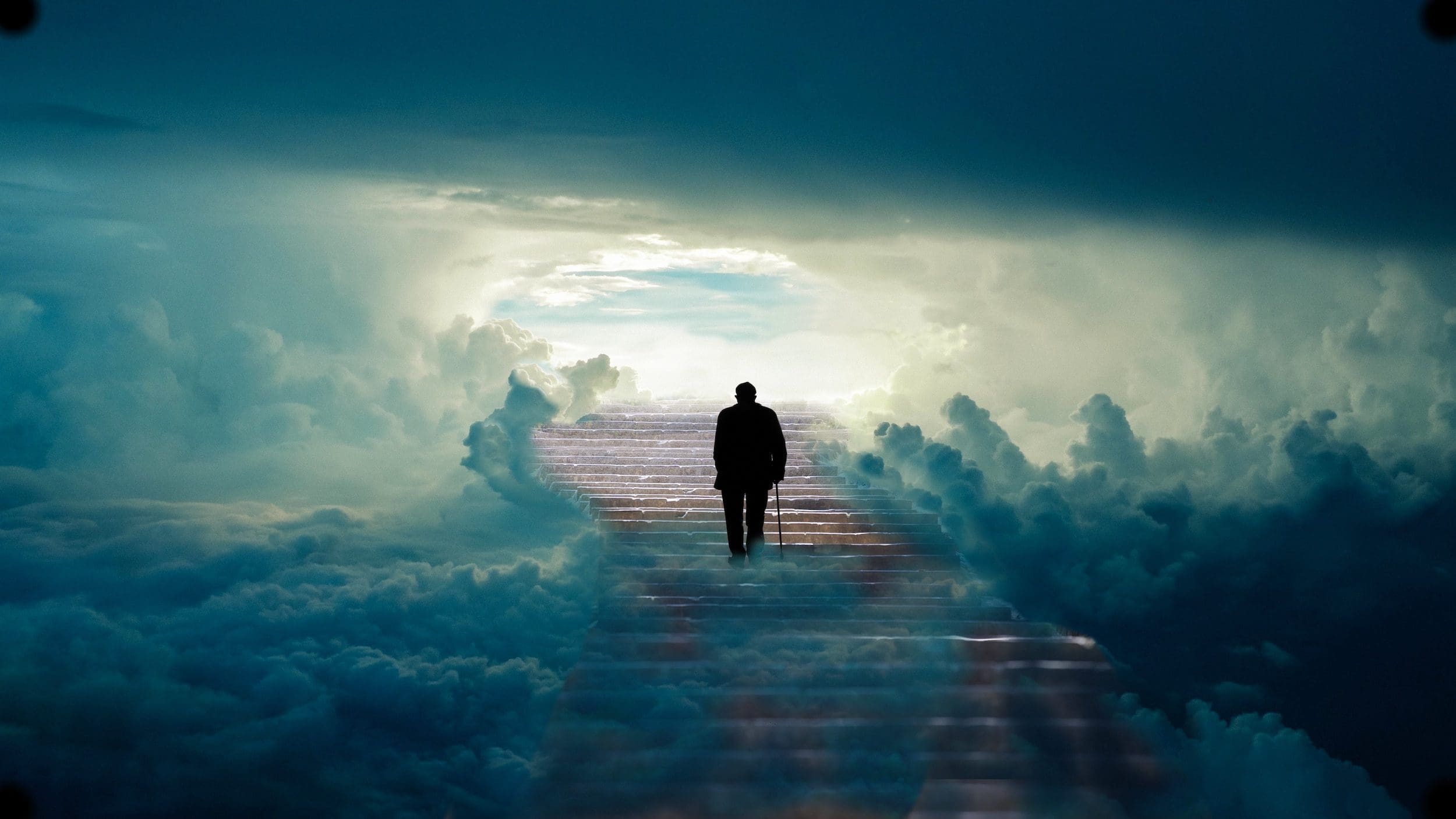Post photo: man | © Tumisu on Pixabay
Completely surprising, but still quite logical, I spent this evening with somewhat more profound conversations. In the last few weeks I had to mourn quite a few goodbyes in my circle of friends and acquaintances. Dying is simply part of life, but it is simply and far too often simply ignored by those who are (still) alive.
Most of the time, the death that accompanies dying only serves to bring some entertainment into people's ordinary lives; it's precisely those deaths that are a little more unusual, like rampages or school shootings, that get a little more excitement in the media. Dying in wars, on the other hand, very quickly becomes a habit and only of general interest if it can at least be advertised as crucial to the war.
On the other hand, the very ordinary death that will afflict the vast majority of us sooner or later is less of a topic in our conversations. Most of the time, he is duly worked through in minutes of silence and if he sneaks in "clammy secretly" in the family or circle of acquaintances, he is acknowledged by a trip to the cemetery, or at least with a sympathy card.
That's why tonight was a big win for me, namely when we, two friends who were looking, suddenly came up with the subject of dying. At first just an exchange about the latest news in the mutual circle of acquaintances, the conversation suddenly developed into a very intensive conversation about dying itself and any dying care. Happy are those who don't have to die all alone - but we don't know for sure!
It's nice to be certain that, thanks to today's technology and our current healthcare system, dying is more or less like slipping into another world. The times of minute-long convulsive struggles for the last few seconds of one's own life seem to have been overcome. Not to mention the traumatic memories of those who have to witness, even survive, all of this.
Nevertheless, the question of how one thinks one has to deal with one's own death is very exciting. Not everyone is lucky enough to suddenly and completely unexpectedly be killed by a brain aneurysm in their sleep.
When does one become certain of one's own death? When do you accept your own death and how do you then spend the last months or hours? Do you just carry on as before and hope that death will pass you by? Do you still check whether you have really done everything to get your personal affairs in order? Do you struggle with your own fate to the end? Or do you just let go?
The most recent examples from friends and acquaintances ultimately left us at a loss. Despite our best efforts, we have not found adequate answers tonight.
And so I hope that this conversation was not the last of its kind, if only out of my own interest, because the impacts are getting closer and closer.
"Dulce et decorum est pro patria mori:
Horace, Carmina 3,2,13
mors et fugacem persequitur virum
nec parcit inbellis iuventae
poplitibus timidoque tergo."





